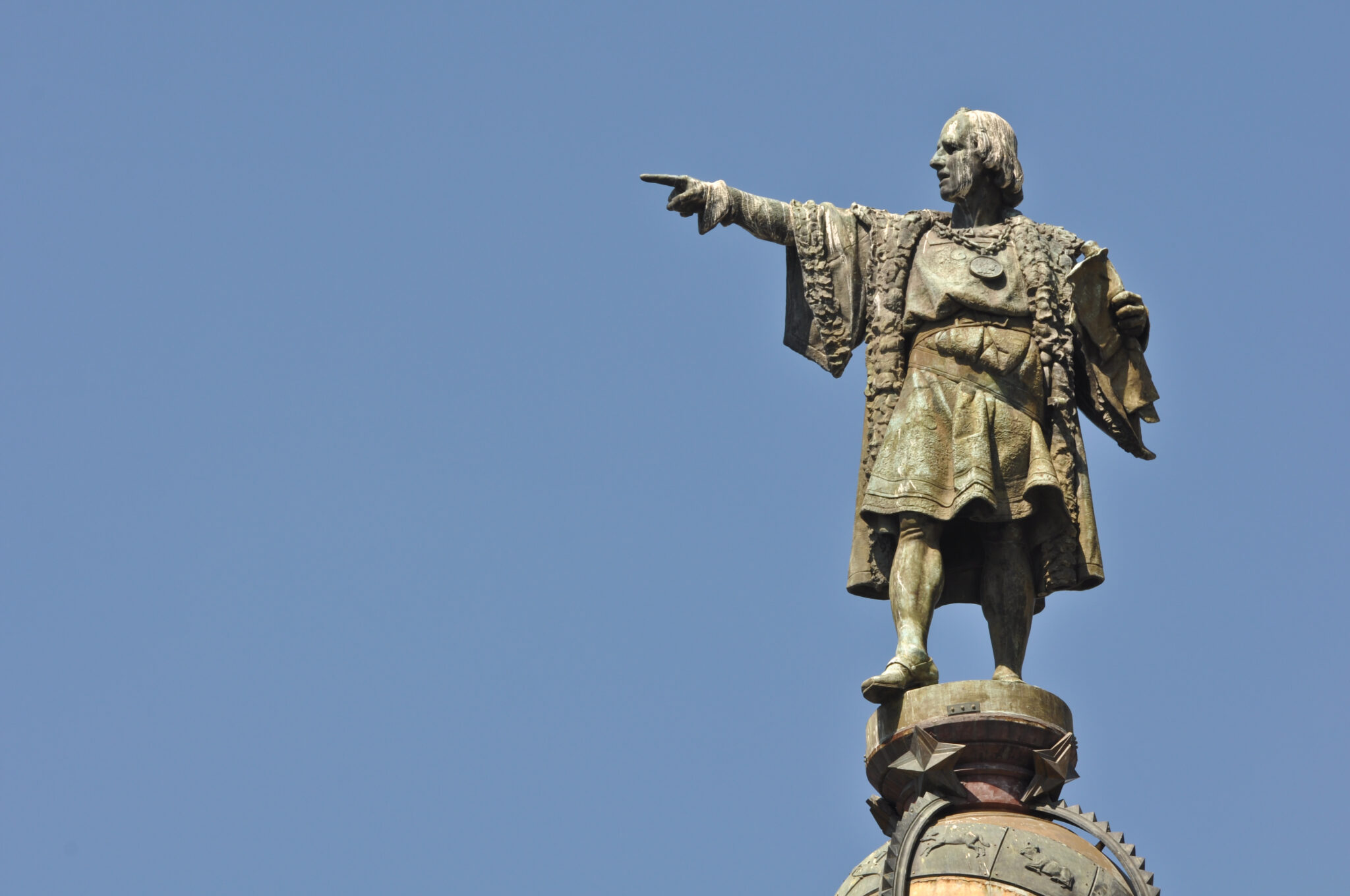History is filled with events that have shaped our world, influenced our societies, and defined our collective experiences as humans. Let’s learn about the ten most important events, each leaving an indelible impact on the world.
The Agricultural Revolution
Around 10,000 BC, humans started shifting from nomadic hunter-gatherer lifestyles to settled farming communities, marking the Agricultural Revolution. With the domestication of plants and animals, humans were able to produce food more efficiently and in large quantities, leading to population growth and the formation of civilizations. This event marked the beginning of structured societies and laid the foundation for significant advancements in technology, culture, and politics.
The Birth of Democracy in Athens
In the 5th century BC, the city-state of Athens in Ancient Greece introduced the concept of democracy. Citizens had the right to participate in decision-making processes, introducing a form of governance that valued the collective voice. Although far from the inclusive democracies of today, this radical shift from monarchy and oligarchy has deeply influenced the political landscape of the modern world. The Athenian democracy served as a model for future democratic systems and inspired political and social reformers throughout history.

The Founding of Major Religions
The founding of major religions such as Buddhism, Christianity, and Islam had profound impacts on global culture, politics, and societal norms. These religions, originating between the 6th century BC and the 7th century AD, provided moral frameworks, shaped civilizations, and often influenced or dictated the laws and governance of various societies. The spread of these religions led to the creation of new cultural practices, beliefs, and customs that continue to shape the world today.
The Fall of the Roman Empire
The fall of the Western Roman Empire in AD 476 marked a significant turning point in world history. It brought about major changes in the political, cultural, and economic landscape of Europe, and its impact can still be felt today. This event led to the fragmentation of Europe and the rise of feudalism, which eventually gave way to the modern nation-state system. The fall of the Roman Empire was a complex and multifaceted event, with factors such as military pressure from barbarian tribes, economic instability, and political corruption all playing a role. Its aftermath was characterised by a period of instability and uncertainty, with power struggles and territorial disputes among various factions. However, it also paved the way for new forms of governance and social organisation, with the emergence of feudalism and the eventual rise of modern nation-states.
The Printing Revolution
In the 15th century, Johannes Gutenberg invented the printing press, transforming the way information was produced and disseminated. This revolution made books more accessible, promoting literacy, aiding the spread of ideas, and facilitating the scientific and cultural advancements of the Renaissance. The printing press made it possible to share knowledge on a massive scale and contributed to the democratization of information, laying the foundation for the modern information age.
The Discovery of the New World
Christopher Columbus’s voyage in 1492 led to the discovery of the New World by Europeans. This event marked the beginning of centuries of exploration, conquest, and colonization that reshaped the world politically, culturally, and demographically, leading to significant global exchange and conflict. The discovery of the New World led to the introduction of new crops, animals, and diseases to Europe, and the exploitation of resources from the Americas fuelled European economic growth.
The Industrial Revolution
The Industrial Revolution, starting in the late 18th century, dramatically changed the world’s economic structure. New manufacturing processes, the rise of factories, and advancements in technology transformed societies from predominantly agrarian to industrial and capitalist. This period saw significant improvements in living standards but also introduced new social and environmental challenges. The Industrial Revolution led to the development of modern capitalism and laid the groundwork for the globalization of the world economy.
World Wars I and II
World Wars I and II, which occurred in the first half of the 20th century, had a significant impact on the world. These wars changed the global political landscape, leading to the decline of European colonial empires and the rise of the US and USSR as superpowers. The wars triggered technological advancements, reshaped national boundaries, and led to the formation of the United Nations, which aimed to maintain international peace and security. While the World Wars introduced massive destruction and loss of life, they also led to significant social and political changes. For instance, the rise of civil rights movements and the development of new international institutions were some of the notable outcomes of the wars.

The Formation of the United Nations
The United Nations was established in 1945, following the catastrophic events of World War II, to prevent future global conflicts. It has since played a crucial role in promoting international cooperation, human rights, and economic development, marking a significant step towards a global community. The United Nations has been instrumental in maintaining peace and security around the world, providing humanitarian assistance in times of crisis, and promoting sustainable development and human rights. Its efforts have helped to build a more peaceful and just world, and its continued work will be vital in tackling global challenges such as climate change, poverty, and inequality.
The Digital Revolution
The Digital Revolution, which began in the late 20th century, has transformed society in countless ways. With the advent of the Internet and digital technology, communication, commerce, education, entertainment, and much more have been reshaped, making the world more interconnected than ever before. In essence, the Digital Revolution has brought about a new era in human history, where we are increasingly reliant on technology for our daily lives, work, and leisure. This ongoing revolution continues to shape the contemporary world, blurring the lines between physical and digital realities and presenting new opportunities and challenges for individuals and societies alike. While the Digital Revolution has brought many benefits, it has also introduced new concerns, such as cybersecurity, privacy, and the digital divide. As we move forward, it will be essential to balance the benefits of digital technology with the need to address these concerns and ensure that everyone has access to the opportunities presented by the digital age.
Vocabulary
| society | társadalom |
| indelible | kitörölhetetlen |
| impact | hatás |
| BC | Krisztus előtt |
| hunter-gatherer | vadászó-gyűjtögető |
| to settle | letelepedni |
| community | közösség |
| Agricultural Revolution | agrárforradalom |
| domestication | háziasítás |
| population | népesség |
| civilization | civilizáció |
| century | század |
| democracy | demokrácia |
| to participate | részt venni |
| decision-making | döntéshozatal |
| governance | kormányzás |
| inclusive | befogadó |
| monarchy | monarchia |
| founding | alapítás |
| religion | vallás |
| profound | mélyreható |
| AD | Krisztus után |
| framework | keret |
| law | törvény |
| empire | birodalom |
| fragmentation | széttöredezés |
| multifaceted | sokoldalú |
| military | katonai |
| tribe | törzs |
| instability | bizonytalanság |
| aftermath | utóhatás |
| uncertainty | bizonytalanság |
| dispute | vita |
| printing press | nyomda |
| disseminated | terjesztett |
| literacy | írástudás |
| voyage | utazás |
| conquest | hódítás |
| to reshape | átformálni |
| crop | termés |
| disease | betegség |
| Industrial Revolution | ipari forradalom |
| manufacturing | gyártás |
| factory | gyár |
| predominantly | túlnyomórészt |
| globalization | globalizáció |
| decline | hanyatlás |
| peace | béke |
| security | biztonság |
| destruction | pusztítás |
| civil right | polgári jog |
| notable | figyelemre méltó |
| cooperation | együttműködés |
| to tackle | kezelni |
| poverty | szegénység |
| inequality | egyenlőtlenség |
| countless | számtalan |
| advent | megjelenés |
| commerce | kereskedelem |
| leisure | szabadidő |
| contemporary | kortárs |
| concern | aggály, probléma |
| cybersecurity | kiberbiztonság |
| divide | szakadék |



